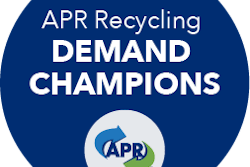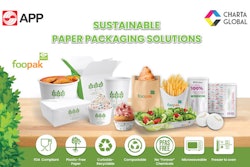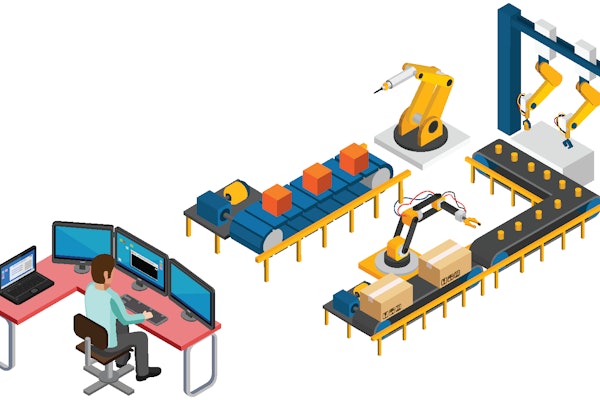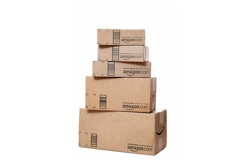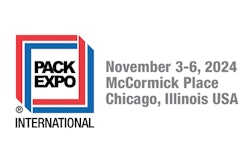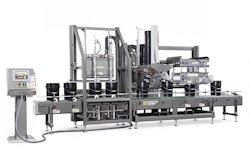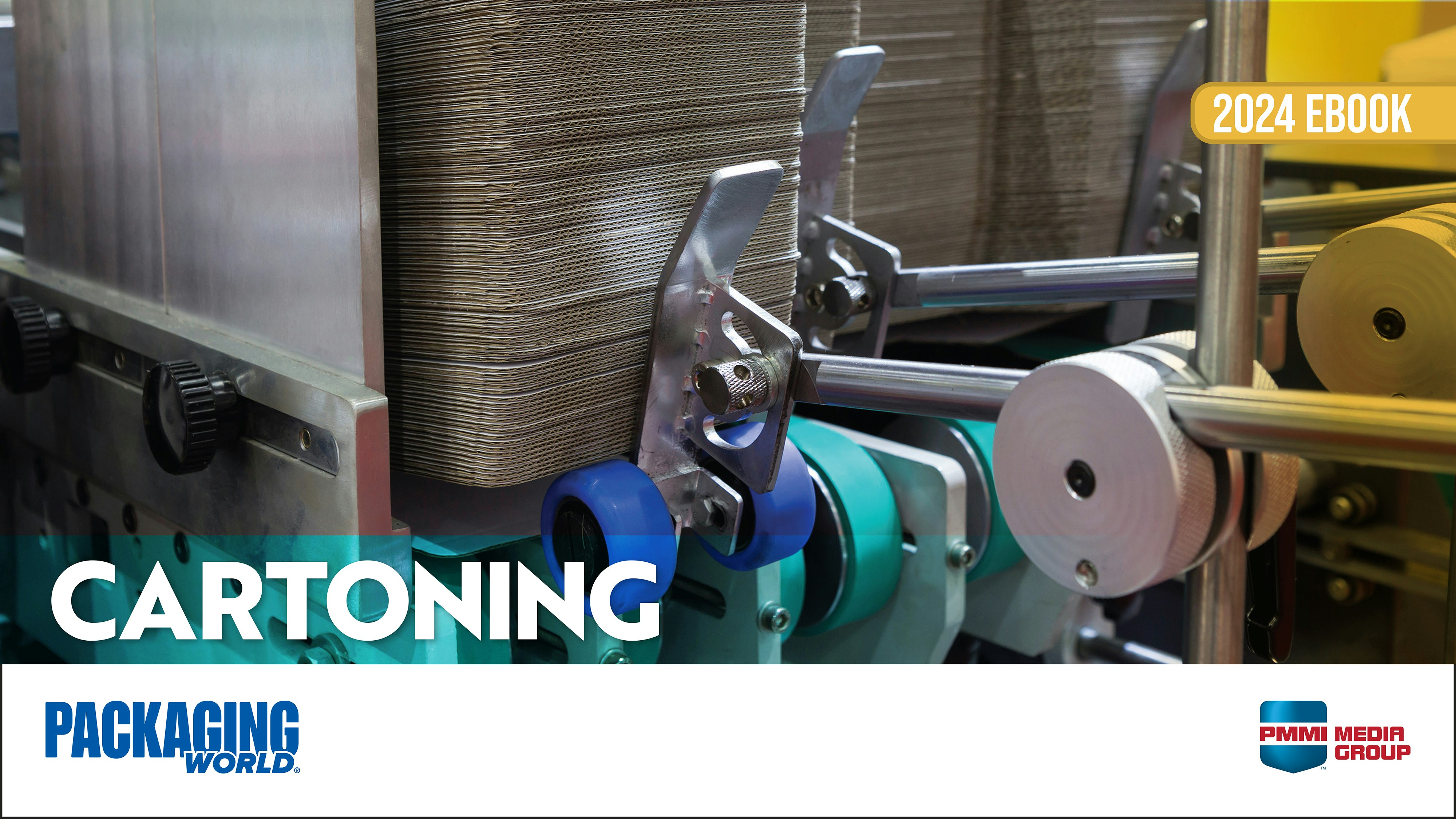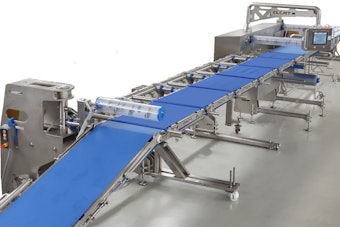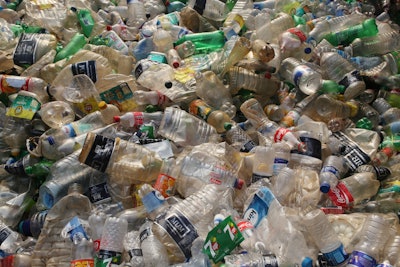
David Allaway, Senior Policy Analyst, says we should look beyond generally accepted packaging attributes – things like is it recyclable; is it compostable; is it made from a biopolymer – and instead turn to life-cycle analyses of that package’s ultimate impact on the environment.
Allaway’s comments came during the Smithers-Pira event, “Sustainability in Packing U.S. 2019,” held in Chicago March 4-6.
Packaging attributes like recyclability or compostability are driven by emotions and marketing, says Allaway, and package designers have to look beyond emotion to logic and analysis for the life cycle impact of a chosen material. The findings were based on extensive review of life cycle analyses of different packaging materials.
Here is a link to a factsheet about the Packaging Materials Attributes Report.
Findings include:
- Relying on packaging attributes alone may lead to decisions that have unintended and regrettable outcomes.
- The majority of environmental impacts take place before a material is discarded (i.e., during the extraction, processing, design, manufacturing, and transportation stage). In fact, 39 percent of our domestic greenhouse gas emissions take place before a product even reaches a consumer, compared to just 2 percent for disposal.
- When comparing the same material, virgin to recycled content, recycled content almost always results in lower environmental impacts.
- Recycling is often beneficial, but “recycling” and “recyclability” are not the same. Just because a package is recyclable (even if recycled) does not guarantee that it results in overall lower impacts to the environment. For example, flexible packages, while not typically recyclable, often lead to lower environmental impacts.
- Different bioplastics can have very different environmental impacts. Generally, they consume a lot of resources at the agricultural stage that sometimes results in greater impact than using conventional packaging. Bioplastics can also lead to trade-offs between different types of environmental impacts.
“There’s nothing inherently wrong with these attributes” said Allaway. “But rather how we mis-use them, assuming that they serve as consistent and reliable proxies for low-impact materials. To choose low-impact packages we need to evaluate those packages for their actual impacts.”
Some suppliers at the conference were not happy about the findings and questioned the reliability of LCA, which can be gamed in ways such as using arbitrary assumptions or guestimates. In a follow-up communication, Allaway agreed that while LCAs can be manipulated, many are not. He noted that DEQ’s analysis drew on a large body of independent studies that were screened against several criteria including consistency with ISO standards.
Others lauded Oregon for sharing a science-based perspective and for challenging what Allaway described as “greenwashing”. He pointed out that recycling and composting, even if maximized, are “radically insufficient” for addressing compelling environmental problems including climate change, resource depletion, and marine impacts.
Allaway stands behind the extensive research and pulled no punches. “We can all keep rearranging the deck chairs on the Titanic, but we all really need to step up our game.”
Learn more about packaging solutions at the co-located PACK EXPO Las Vegas and Healthcare Packaging EXPO, September 23-25, 2019 in Las Vegas, NV.

